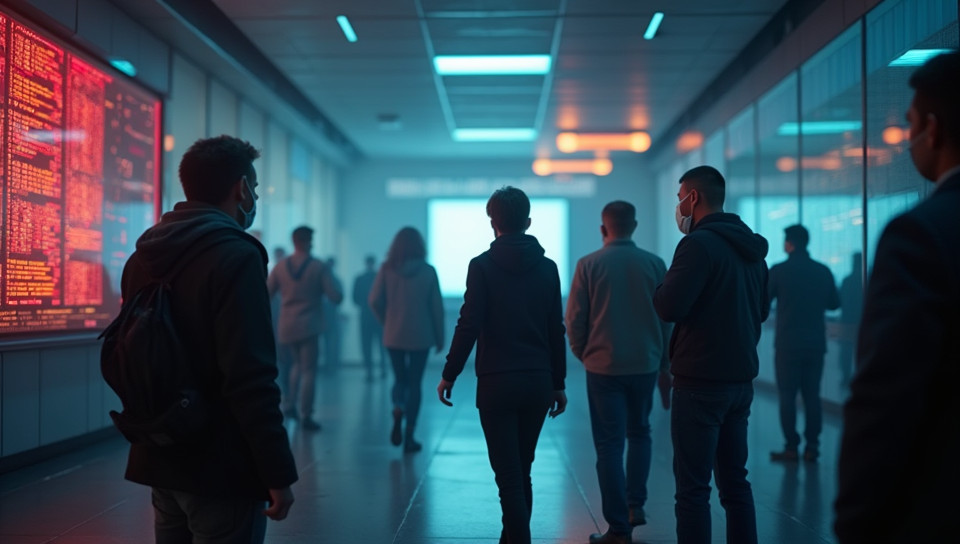Government-imposed internet censorship can stifle public debate 87%

The Dark Side of Government Control: How Internet Censorship Stifles Public Debate
In today's digital age, the internet has become an essential platform for public debate and discussion. However, when governments impose strict controls on online content, they risk stifling this very dialogue. By limiting access to information and suppressing dissenting voices, government-imposed internet censorship can have far-reaching consequences for democracy.
The Risks of Government-Imposed Censorship
Government-imposed internet censorship is not a new phenomenon. Countries around the world have been using various methods to control online content, from blocking specific websites to monitoring social media activity. However, this trend raises serious concerns about freedom of expression and the right to access information.
The Impact on Public Debate
When governments censor the internet, they create an environment where public debate is stifled. Here are some of the ways in which censorship can impact public discussion:
- Online content is often removed or censored without due process, leaving citizens uncertain about what they can and cannot say online.
- Journalists and activists face harassment and intimidation for speaking out against government policies.
- Social media platforms become battlegrounds for propaganda and disinformation.
- Citizens are forced to rely on state-controlled media outlets for information, which can be biased and inaccurate.
The Consequences of Censorship
The consequences of government-imposed internet censorship extend far beyond the online sphere. By stifling public debate, governments can:
- Create a culture of fear and intimidation among citizens.
- Undermine trust in institutions and the rule of law.
- Inhibit innovation and economic growth by limiting access to information.
- Erode democracy itself by silencing dissenting voices.
The Future of Free Speech
In an age where technology is increasingly important for civic engagement, government-imposed internet censorship poses a significant threat to democracy. It is imperative that governments prioritize free speech and online freedom over control and censorship.
Conclusion
Government-imposed internet censorship is a clear attempt to silence dissenting voices and stifle public debate. By understanding the risks and consequences of censorship, we can work towards creating a more open and inclusive digital environment where citizens can engage freely with each other and their governments.
- Created by: Samuel Jiménez
- Created at: Sept. 18, 2024, 10:50 p.m.
- ID: 10122






